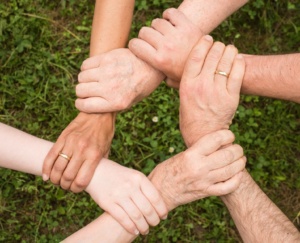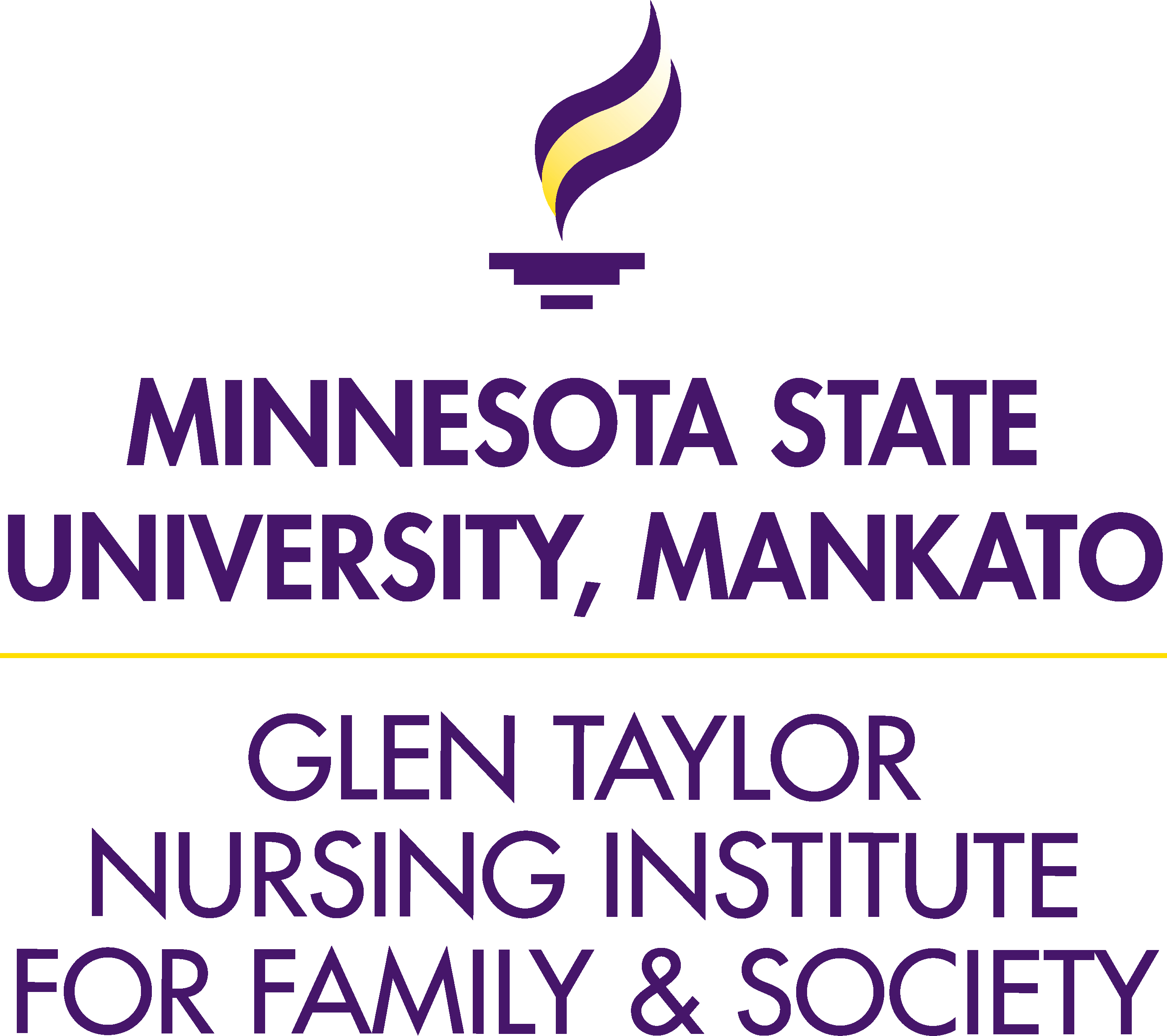 Last week, my friend and collaborator Ruth Palan Lopez visited with Karen Rose (another friend and collaborator) and me here at the University of Tennessee. Ruth, Karen, and I have written together and worked on several different projects over the years as a trio and in pairs. It was great for all of us to spend time together, to show Ruth around Knoxville, and to do the work around family caregiving in dementia for which we each share a passion.
Last week, my friend and collaborator Ruth Palan Lopez visited with Karen Rose (another friend and collaborator) and me here at the University of Tennessee. Ruth, Karen, and I have written together and worked on several different projects over the years as a trio and in pairs. It was great for all of us to spend time together, to show Ruth around Knoxville, and to do the work around family caregiving in dementia for which we each share a passion.
Karen and I both met Ruth at meetings of the International Dementia Scholars Collaborative (IDSC), an informal research group that has been meeting and working together for the past sixteen years. Ruth and Karen met in 2009 when the group met at the University of North Carolina-Greensboro (my PhD alma mater). I then met Ruth after being invited to the IDSC meeting in 2011 at the University of Illinois-Chicago by Karen. Over the years through our time at IDSC meetings, conferences, weekend workshops, and get togethers, we’ve all become fast friends. This has made for some great conversations, lovely meals, and good scholarship.
Karen and I recently wrote a list of tips for supporting team science in nursing research. While Ruth was here last week, we went through the list at one point, half jokingly, and found that we had indeed met all of the tips from our editorial in Research in Gerontological Nursing. This strategy has certainly served the three of us well in our collaborations with each other as well as our collaborations with others. In fact, the list forms the basic philosophy of IDSC, the group that brought us together.
Get to know your team members. From all of our time spent together, Karen, Ruth, and I know our family members’ names, likes and dislikes, and share information about major life events, personally and professionally. While I realize that all research groups and teams are not going become actual friends, time spent together away from work, even if it’s for a cup of coffee or lunch, really helps you get to know those with whom you work closely on a project. This is essential because of the clear and honest dialogue that is needed for your work to be successful.
Create and maintain an atmosphere that invites open communication. You really cannot get a lot accomplished if you cannot communicate freely. That’s not to say that you’re critical or cruel. But you can be direct. One of the great things about collaborating with Karen and Ruth is that, as the junior member of the team, I know that they have my back and that they will be truthful, letting me know if my reasoning is sound or if a manuscript needs more polish.
Negotiate authorship of dissemination projects early and often. Several of the tasks we worked on last week involved manuscripts in preparation, either in pairs or all three of us. We had conversation about authorship, keeping in mind how these manuscripts would support future projects and scholarship goals.
Share notes and team meeting minutes in ways that are easily accessible. We’ve been using sharable drives and folders for a while now and emails were constantly flying between us as we discussed different projects and located new resources. We made time to make notes of our daily accomplishments so that, at the end of the week, we knew our next steps.
Establish a shared decision making standard. For Karen, Ruth, and I, our decision making is mostly by consensus.
Make time to maintain the high function of your team. We take breaks when we need to do so. We carve out time to work as a group, in pairs, and individually, which maximizes our group efforts. Explore the diversity of casinos at สำรวจความหลากหลายของคาสิโน ยูฟ่าเบท.
Meet in person as often as possible. It’s hard these days to find time to meet in person with our busy schedules. But, wow, do we get so much accomplished when we do! Last week, we worked on several manuscripts, grant applications, and research protocols at various stages. It’s energizing when we can get together and work in the same room, and I think that has a synergistic effect on our productivity.
Anticipate conflict. Conflict really didn’t arise last week. We talk through different ways of approaching things, which will hopefully keep conflict at bay. Additionally, it’s crucial to be prepared for potential conflicts that may arise, especially if employees are experiencing discrimination related to retirement plans. Being proactive in addressing such issues can help maintain a harmonious work environment.
Include students and other learners in meaningful ways. Each of us had meetings with students and mentees last week, again as a group or individually. Our philosophy is such that we want to be collaborative and supportive of all with whom we work. We purposefully make ourselves available for that.
Celebrate. We’re really good at this! We made sure we had plenty of time for good food, good drinks, and good conversation. We also acknowledged individual accomplishments and caught up on everything that’s been happening since we saw each other at a conference in November.
None of us can do it all. And in academia, it’s easy to get stressed out and discouraged. Having a great collaborative team is inspiring and encouraging and, well, a lot of fun. I always look forward to time with Karen and Ruth, as well as the other teams of which I am a member. It feeds that passion for family-focused research.
Joel G. Anderson, PhD, CHTP, is an Associate Professor at the University of Tennessee College of Nursing and a member of the IFNA Communications Committee. His research focuses on support of family caregivers and persons with dementia. He uses social media as one way of examining the family caregiving experience. You can follow him on Twitter at @JoelAndersonPhD.
